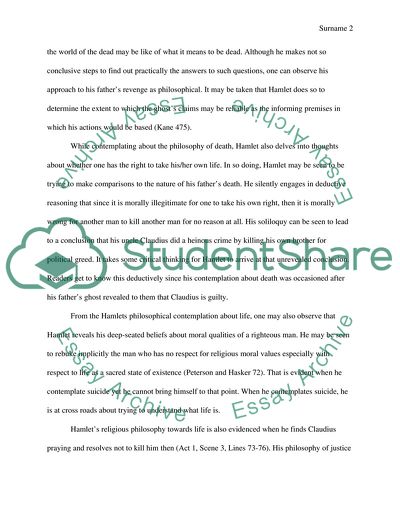Cite this document
(“Hamlet Essay Example | Topics and Well Written Essays - 1000 words - 9”, n.d.)
Hamlet Essay Example | Topics and Well Written Essays - 1000 words - 9. Retrieved from https://studentshare.org/english/1670778-hamlet
Hamlet Essay Example | Topics and Well Written Essays - 1000 words - 9. Retrieved from https://studentshare.org/english/1670778-hamlet
(Hamlet Essay Example | Topics and Well Written Essays - 1000 Words - 9)
Hamlet Essay Example | Topics and Well Written Essays - 1000 Words - 9. https://studentshare.org/english/1670778-hamlet.
Hamlet Essay Example | Topics and Well Written Essays - 1000 Words - 9. https://studentshare.org/english/1670778-hamlet.
“Hamlet Essay Example | Topics and Well Written Essays - 1000 Words - 9”, n.d. https://studentshare.org/english/1670778-hamlet.


